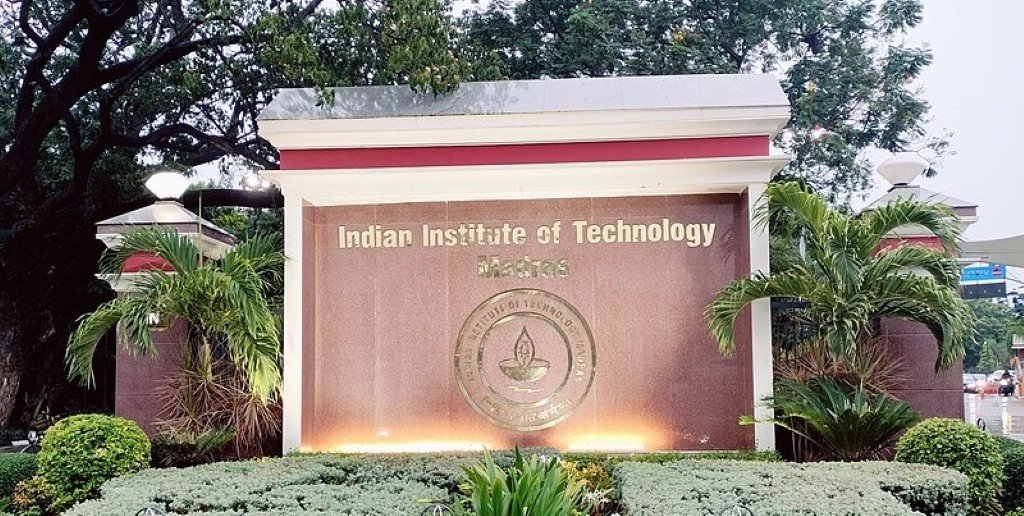The Indian Institute of Technology (IIT) Madras is collaborating with the Ministry of Agriculture and Farmers’ Welfare to implement Project VISTAAR (Virtually Integrated System to Access Agricultural Resources), a digital initiative aimed at improving the efficiency and effectiveness of India’s agricultural extension system. This collaboration is expected to bridge critical gaps in advisory services for farmers by leveraging digital technologies.
The partnership was formalized with the signing of a Memorandum of Understanding (MoU) between IIT Madras and the Agriculture Ministry. The agreement will integrate information about more than 12,000 start-ups in the agriculture and allied sectors into the VISTAAR platform. This integration will allow farmers and other stakeholders to easily access these start-ups’ innovative technologies, products and services.
Empowering Agricultural Extension Through Digitalization
Project VISTAAR aims to modernize the agricultural extension system, which has been instrumental in transferring crop production technologies to farmers. By digitizing this system, the project seeks to significantly expand its outreach and enable farmers to access high-quality advisory services on crop production, marketing, value addition, supply chain management, and climate-smart agricultural practices. Additionally, the initiative will provide comprehensive information on government schemes related to agriculture, allied sectors, and rural development.
The digital platform will serve as a central advisory library, providing Front Line Extension Workers (FLEWs), para extension workers, and farmers with access to credible, timely, and localized information. Content, including documents and audio-visual materials in regional languages, will be created and disseminated through this platform, ensuring effective communication and support for grassroots-level farmers.
Role of Start-Ups in Agricultural Innovation
The Centre for Research on Start-ups and Risk Financing at IIT Madras, in collaboration with its incubatee start-up YNOS Venture Engine, has developed a comprehensive database of agriculture-focused start-ups. Prof. Thillai Rajan A., Head of the Centre, emphasized the importance of these start-ups in driving innovation in agriculture and allied sectors. He noted that the inclusion of these start-ups’ resources in the VISTAAR platform would enhance the capabilities of the extension system.
“Start-ups play a pivotal role in addressing challenges across the agricultural value chain. Our platform provides access to a wealth of information about these start-ups, which will now be available to farmers through this collaboration.”
A Holistic Approach to Extension Services
The Ministry of Agriculture’s Joint Secretary for Extension, Samuel Praveen Kumar, highlighted the significance of linking farmers with start-up technologies.
“Innovative technologies developed by agri-startups contribute to making agriculture sustainable and climate-resilient. Connecting these technologies with farmers through extension services is critical for adoption and impact.”
Also read: IIL, BioPrime Unveil ‘Relieve’: Eco-Friendly Solution to Boost Crop Health Amid Climate Change
The project’s strategy focuses on four key areas: leveraging advanced digital technologies for greater outreach, fostering convergence among government departments, empowering extension workers with digital tools, and ensuring the creation and dissemination of accurate, context-specific content.
Goals and Objectives of VISTAAR
Project VISTAAR has been conceptualized with specific objectives:
- Enhancing advisory services for farmers by creating a digital platform accessible to extension workers and farmers.
- Building the capacity of extension workers, such as Krishi Mitras and Pashu Sakhis, for delivering digital advisory services.
- Developing and distributing localized content in regional languages to support farmers effectively.
Towards a Digital Future in Agriculture
The pilot project underlines the potential of digitalization to transform agricultural extension in India. By overcoming language and geographical barriers, it promises to make advisory services more accessible and impactful. Digital advisories, including audio-visual demonstrations, will provide farmers with technical know-how and enhance their ability to adopt new technologies and practices.
Through Project VISTAAR, the government aims to create an equitable and efficient agricultural extension system, ensuring every farmer can benefit from modern advancements and support services.




